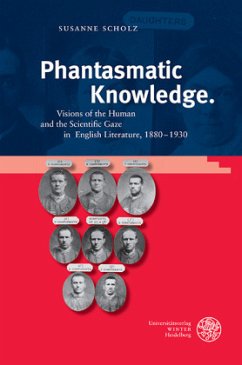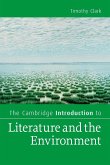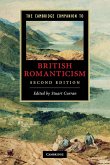'Phantasmatic Knowledge' investigates changing anthropological visions as they were negotiated in late Victorian and early twentieth century literature. It starts from the assumption that in nineteenth century scientific discourse, a human being can only be accepted as fully human if it is visually perceived as human. One of the scientific genres to 'produce' and normalize man in the late nineteenth century is the case study, so the first part of the book analyses three notorious 'cases' of late Victorian London, Joseph Merrick, the so-called "Elephant Man", Jack the Ripper, and the 'Strange Case of Dr Jekyll and Mr Hyde'. Its second part provides readings of texts by Stevenson and Hardy, and traces the ways in which the emergence of photography created the conditions for a specific way of seeing which also impacted the techniques of literary representation. A final chapter on mummy fiction addresses ethical questions regarding the precarious status of the human as an object of knowledge.
Bitte wählen Sie Ihr Anliegen aus.
Rechnungen
Retourenschein anfordern
Bestellstatus
Storno








